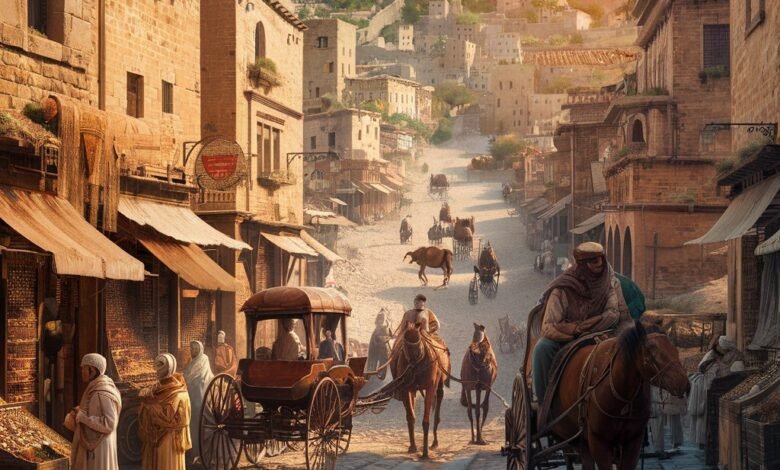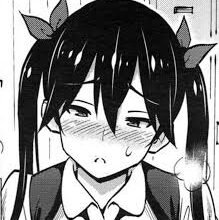Ghidul Complet pentru Înțelegerea Levantului

levantului is a word that instantly draws curiosity, carrying with it echoes of history, geography, and cultural depth. Rooted in the sound of the word “Levant,” which refers to the eastern Mediterranean region rich in trade, tradition, and storytelling, levantului can be seen as a name that represents both heritage and evolution. It is a term that feels layered, blending ancient significance with a modern tone, making it versatile enough to serve as a cultural reference, a creative identity, or even a symbolic representation of resilience and connection.
The Historical Resonance of levantului
The name levantului connects to the Levant, a region historically recognized as a crossroads of civilizations. From trade routes that carried spices, fabrics, and knowledge, to cities that became meeting points for diverse cultures, the Levant has always symbolized exchange and interaction. levantului inherits that historical weight, reminding us of how cultural identities are shaped by interaction, diversity, and adaptation. It can be seen as a modern echo of that timeless region, suggesting continuity between the past and present.
levantului as a Cultural Identity
Beyond history, levantului carries cultural richness. It suggests a sense of belonging to traditions that value family, community, and creativity. Names like this often resonate with art, literature, and music because they carry an aura of storytelling and expression. As a cultural identity, levantului can symbolize the preservation of values while also embracing progress. It is not a static name—it evolves as people reinterpret its meaning, keeping it relevant to both heritage and contemporary life.
Symbolism and Meaning
On a symbolic level, levantului can be associated with ideas of renewal, strength, and balance. The Levant itself is known for its resilience in the face of change, and levantului inherits that symbolic strength. It represents continuity, the idea that traditions can survive and adapt across centuries. At the same time, it reflects openness, as the Levant historically welcomed different peoples, languages, and ideas. Thus, levantului becomes a word that embodies both endurance and inclusivity.
levantului in the Modern World
In modern contexts, levantului has the potential to be used in multiple ways—as a brand name, a creative project, or even a symbolic movement. The uniqueness of the word gives it power in digital spaces where originality is highly valued. Whether representing an artistic initiative, a lifestyle brand, or a cultural project, levantului offers flexibility and distinction. Its sound is strong, its spelling is unique, and its associations are rich, making it memorable and meaningful at the same time.
The Future Potential of levantului
Looking toward the future, levantului has the capacity to grow into a symbol of unity between tradition and modernity. It could be developed into a brand that emphasizes sustainability and heritage, or a platform that promotes cultural exchange and creativity. The word itself invites reinterpretation, which means it can evolve with time while retaining its original strength. In a rapidly changing world, levantului reminds us that names can carry history yet remain forward-looking, bridging the gap between the past and the future.




